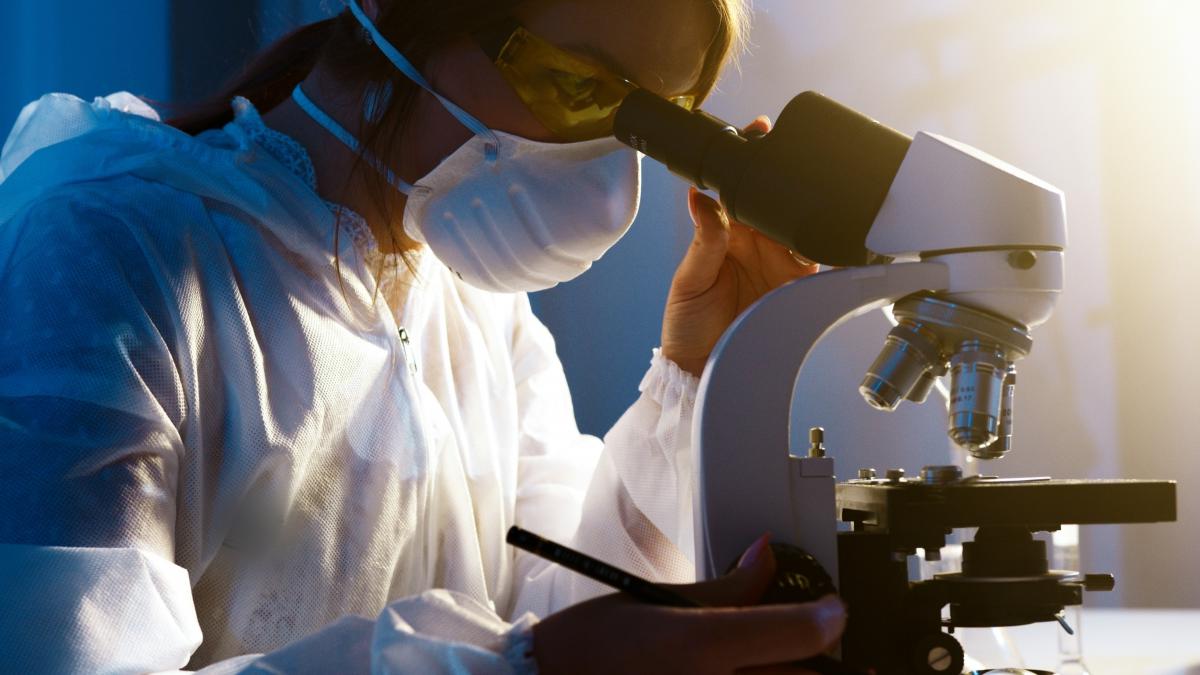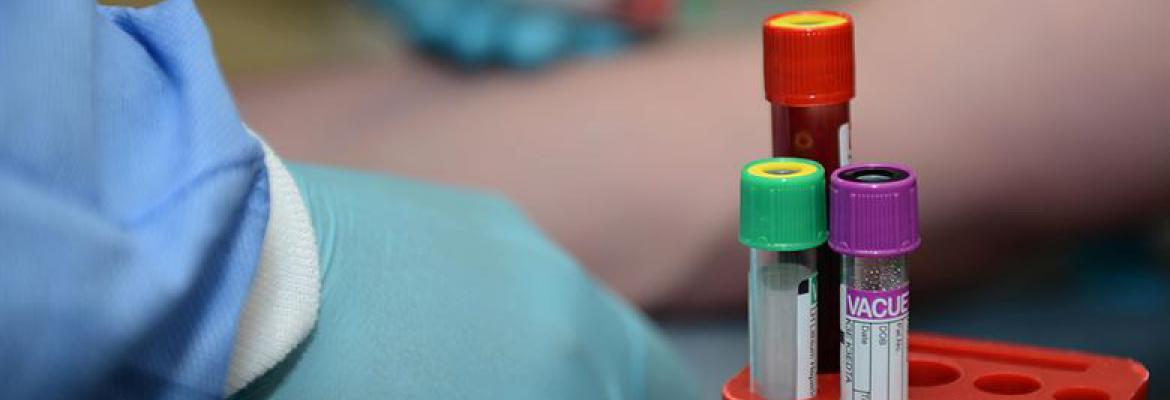Chemical Pathology in the East of England
Chemical Pathology encompasses the study and investigation of the biochemical basis of disease processes, particularly metabolic disease. Clearly there is much overlap with endocrinology. The increasing clinical role of consultants in the speciality has been recognised by the recent creation of a CCT in Chemical Pathology (Metabolic Medicine).
Health Education East of England (the former Multi-Professional Deanery) particularly encourages applications to the training programme in Chemical Pathology (Metabolic Medicine) which leads to a CCT in this new speciality. There is specific clinical training in inborn errors of metabolism, obesity and nutrition, cardiovascular risk, bone disease, diabetes and general endocrinology.
The role of the chemical pathologist is wide and consultants may bring a combination of scientific, clinical and managerial skills to their job. On the basis of a good understanding of the scientific principles of clinical biochemistry there is an increasing emphasis on developing clinical skills as well as on the management of single or multi-laboratory units.
Attractions of the Specialty
The discipline involves an integration of laboratory and clinical medicine, working closely with clinical colleagues, clinical biochemists and biomedical scientists. Increasingly chemical pathologists participate directly in patient care and may take responsibility for patients with diabetes mellitus, hyperlipidaemias, metabolic bone disease, inborn errors and general endocrinological disorders.
Research opportunities may be better than in other specialties. On-call duties are variable but should not be onerous unless in-patients are being cared for. This may make flexible training in the speciality particularly attractive.
The growth of molecular approaches to diagnosis offers great opportunities for an individual interested in developing this part of the speciality.
There are managerial opportunities both within the specialty and in pathology as a whole.
Training Programmes
This Training Programme has three posts based at Addenbrooke's Hospital, one post at East and North Hertfordshire NHS Trust (rotating with Addenbrooke's) and one post at Luton & Dunstable Hospital, (rotating with Oxford).
We currently only offer the Training Programme in Chemical Pathology (Metabolic Medicine) which takes about 5½ years. This does require MRCP Part 1 as a condition of entry and the emphasis on the clinical component of the training provides a good combination of laboratory and clinical skills. If applying without full MRCP training and only Part 1, the candidate will aim to obtain Part 2 MRCP within 12 months of appointment and for this to be realistic they should have substantial experience of clinical medicine at the time of application. As part of the Program, most candidates will be offered the opportunity to undertake an MSc. in Clinical Biochemistry.
Training will lead to Membership of the Royal College of Pathologists. Trainees should give serious thoughts to obtaining a scientific qualification (PhD, MD) during their training. Their is considerable flexibility allowed for this to be accommodated and those interested are encouraged to seek advice either locally or from the Royal College or Association of Clinical Pathologists.
Personal Qualities
- Strong aptitude for, and interest in, the scientific basis of medicine and in laboratory work
- Leadership potential and the ability to take part in multi-professional working
- Recognising the need for constant re-education to allow a critical understanding of novel diagnostic and therapeutic approaches
- Clinical credibility is essential
